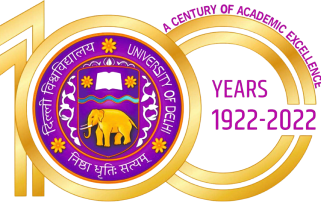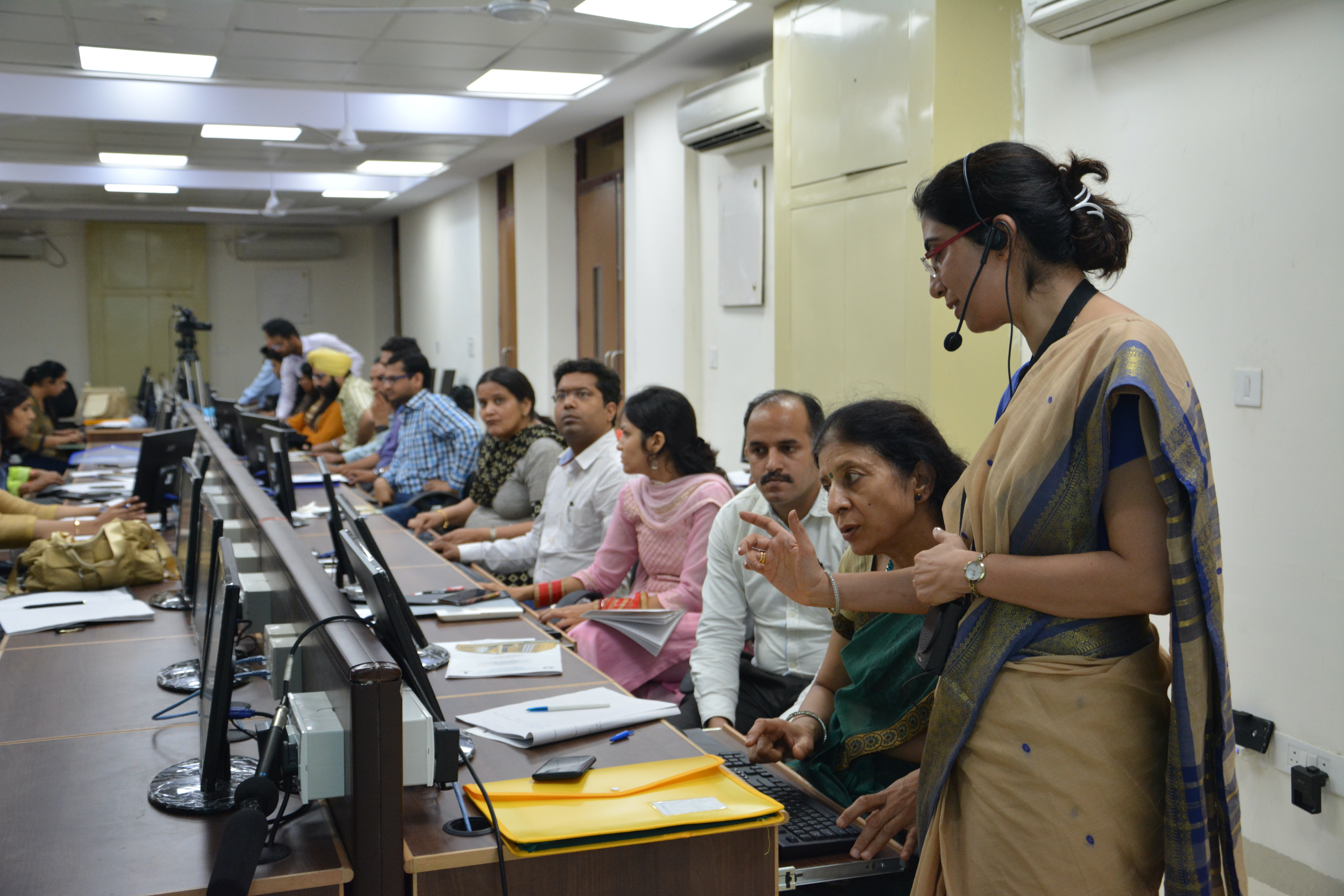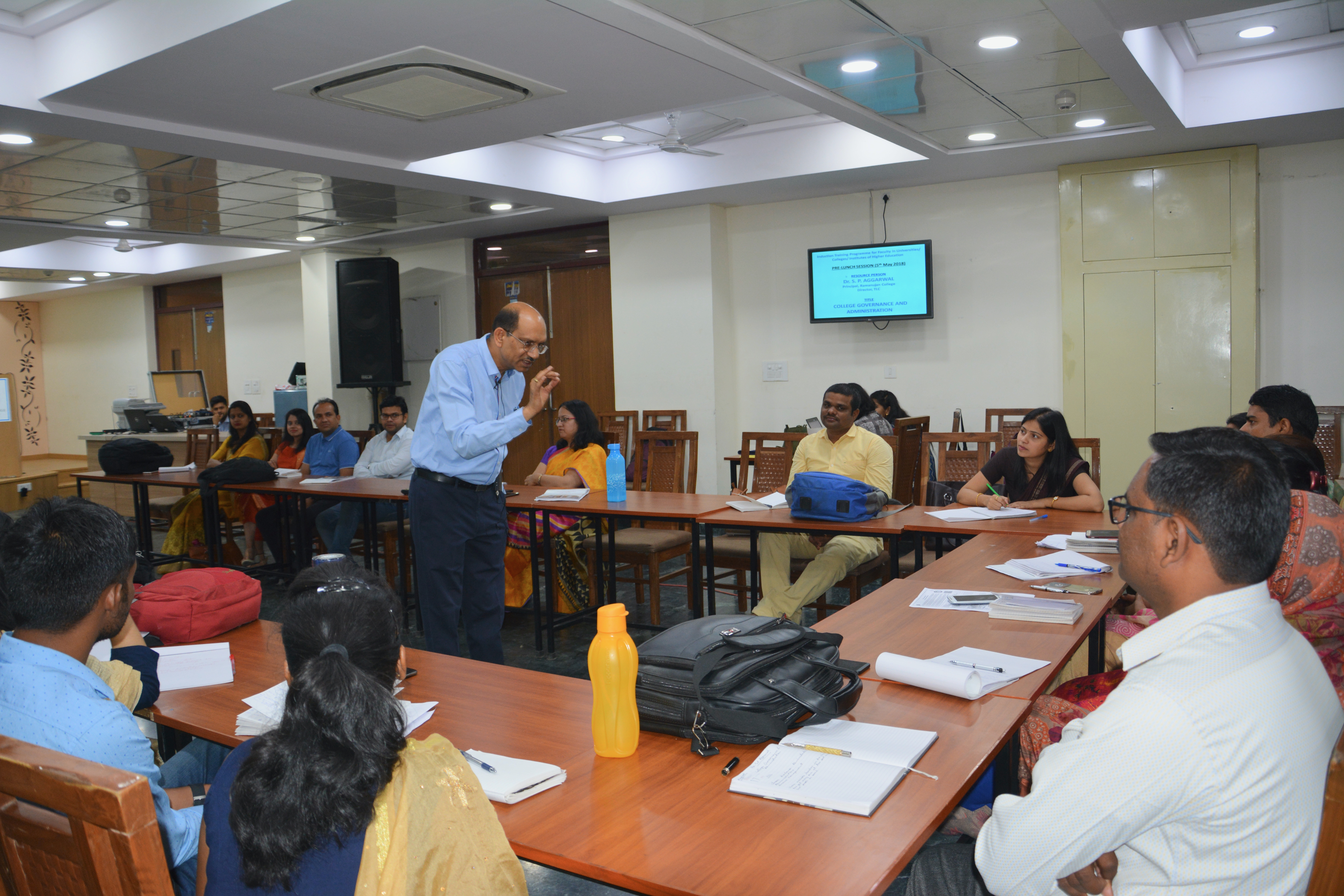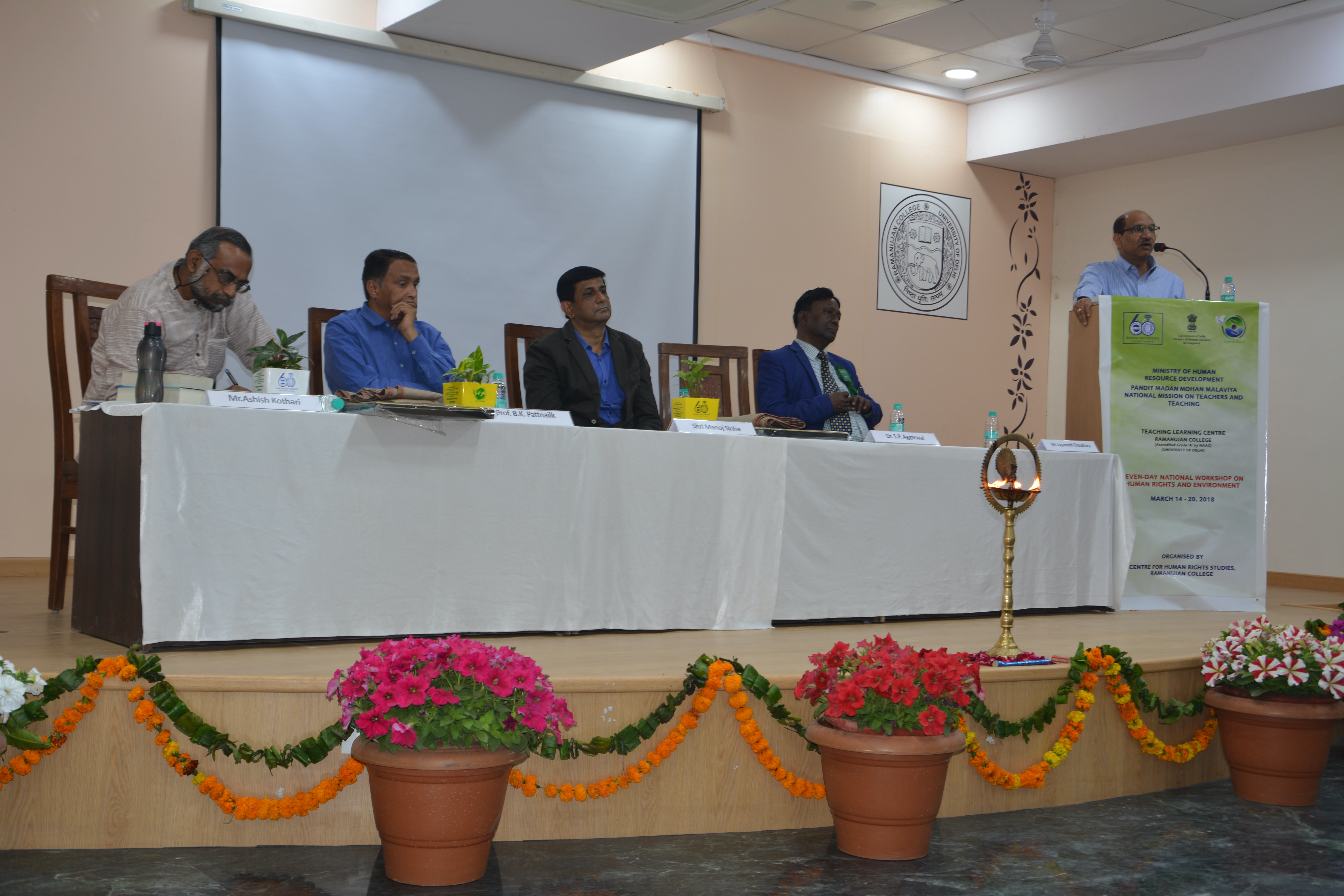
TEACHING LEARNING CENTRE
RAMANUJAN COLLEGE
(UNIVERSITY OF DELHI)
Teaching Learning Centre, Ramanujan College
The College, through the TLC, endeavours to achieve the following:

Ramanujan College, University of Delhi, was awarded Teaching Learning Centre (TLC). The TLC was set up with the motto of “Reaching the Unreached”.
The Centre offers Faculty Induction/Orientation Programmes (FIPs) for newly recruited faculty and discipline specific and interdisciplinary Faculty Development Programs (FDPs)/Refresher Courses, Conferences and Workshops. The FIP content is based on the 12 Modules/Topics broadly including innovative teaching-learning pedagogies, research methodologies, ICT-enabled curriculum and e-content development, interpersonal skills and institutional values.
The FDP and Refresher Course content is usually based on in-depth subject knowledge, quantitative and qualitative research methodologies, and on an interdisciplinary approach as is envisaged in the National Education Policy (NEP), 2020. The programmes are experiential and learner-centric. A high level of engagement is ensured through daily quizzes/assignments and self-assessment methods. Sessions focus on ICT skills and online teaching/evaluative methods, gender sensitization, stress management, work-life balance, action-oriented evaluation models, research ethics and plagiarism issues.

The Ministry of Education (erstwhile, Ministry of Human Resource Development (MHRD)) . One of the main objectives of this mission is to facilitate teacher training by constituting Teaching Learning Centres in various institutions of higher education in our country. The Teaching Learning Centres are mandated to continuously promote the learning of new pedagogical practices. The Centres are mandated by the Ministry of Education (MoE) to organise Faculty Development Programmes (FDPs), Faculty Orientation and Induction Programmes (FIPs), discipline specific and interdisciplinary Refresher Courses, conferences, workshops, through offline and online modes. These programmes are based on in-depth subject knowledge, quantitative and qualitative research methodologies, and are developed using the four-quadrant approach prescribed by MoE.
